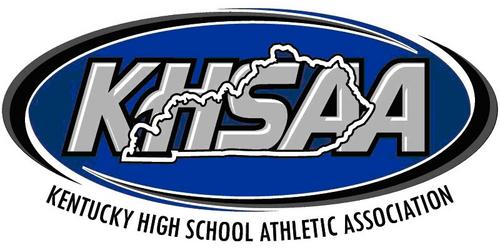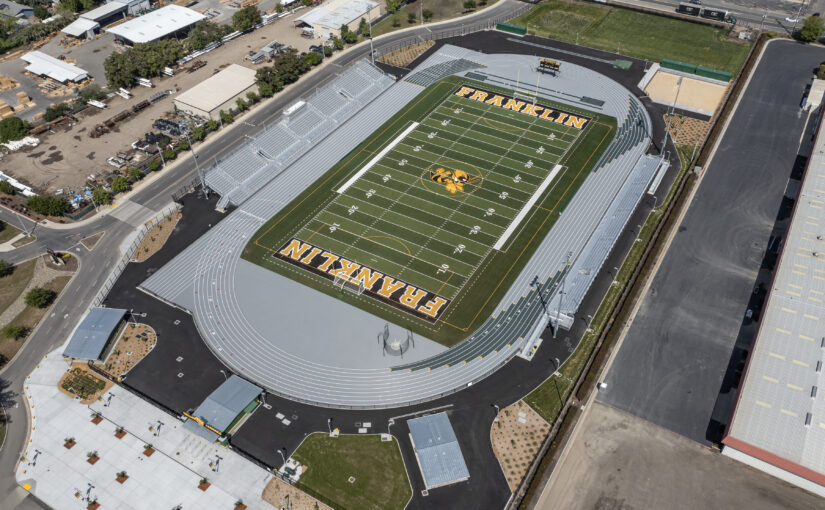Goal-Line Play Leads To H.S. Player’s Sudden Death
http://www.nytimes.com/2011/10/17/sports/death-of-phoenix-player-raises-questions.html
Barden was at first groggy but responsive and coherent as the four reached him. But in minutes, his condition deteriorated. He began to moan and his eyes closed. He tried to stand, but instead quickly collapsed. Two hours later, Barden was dead. He was 16.
Barden’s father, Jody, said a coroner’s report released Sunday ruled the cause of death to be a cerebral hemorrhage.
The death is another in a growing list of fatal football-related head injuries. Each year, a handful of such deaths are reported across the country.
In August, a player at Frostburg State University in Maryland, Derek Sheely, died of blunt force trauma to the head after a practice. Like Sheely, Barden did not have a known history of head injuries. Jody Barden said his son’s autopsy showed no previous damage to his head.
Barden, per New York State guidelines, would have had to pass a sports physical before the season, although neurological tests are not part of the physical, according to Judy Belfield, the Phoenix Central District superintendent. Belfield also said the district followed the concussion checklist — that includes a player having to be cleared by a physician after sustaining a concussion — for the New York State Public School system.
On Sunday, less than 48 hours after Barden’s death, the Phoenix Firebird cheerleading squad hosted an impromptu fund-raiser at the tavern across the street from the high school with donations going to Barden’s family. In this town about 20 miles north of Syracuse, dozens of members of the Phoenix community dropped in on the fund-raiser despite a short notice. Donations were made, raffles were held, stories were told, laughs were shared.
Barden, who was also the team’s backup center, was remembered as the team’s hardest working player. An inquisitive individual, a straight-A student with a great sense of humor. Perhaps not the most gifted athlete, but one who would put in extra time and effort to improve.
“He had a heart of gold,” teammate Nate Streeter said. “He worked so hard to get to where he got.”
And after two years on the junior varsity, the junior Barden got his chance: Friday, the team’s final game of the regular season, was Barden’s first varsity start.
“He was definitely excited about that, that the coaches finally were giving him his first start,” Jody Barden said. “I remember he told me ‘I’m going to start and play the whole game as long as I don’t make any mistakes.’ ”
How could a ceremonious moment turn terrible? How could a 6-foot-1, 235-pound teenager — a seemingly healthy 16-year-old with no previous head injury history — die on what appeared a harmless football play?
What could have gone wrong remains an unknown. Charles reviewed the game film for the first time Sunday night and seemed mystified. On the play that left Barden on the ground, he did not have contact with another player, Charles said. Instead, he missed a cut block. Charles said that it was on the previous play that Barden had some helmet-to-helmet contact when he was blocked by an offensive lineman. He got up gingerly, but Charles said the contact was nothing out of the ordinary.
“This is the most bizarre thing I’ve ever seen in my whole entire life,” said Charles, who has been a football coach for 21 years.
According to Charles and Phoenix Central School District Athletic Director Jim Drancsak, Barden was using a Riddell Revolution helmet that was reconditioned before the season started by Stadium System, a company based in Connecticut.
Within five minutes of Barden’s receiving medical attention on site, an ambulance and five more E.M.T.’s were on the scene to try to stabilize Barden, who had been slipping in and out of consciousness. They took him from the field on a stretcher. With the assistant James Cofrancesco on board, the ambulance was prepared for a 45-minute ride to University Hospital in Syracuse.
But Barden lost consciousness and went into cardiac arrest before the ambulance made it to the highway, forcing the crew to take a detour to Cortland Regional Medical Center less than five minutes from the field.
“They were working on him as soon as we got into the ambulance,” Cofrancesco said. “Within five minutes, they realized it was too serious to drive 45 minutes.”
Barden never regained consciousness. By 11 p.m., two hours after that third-quarter play, Barden had died.
“He was a role model,” Jody Barden said of his son. “He was a shoulder to lean on for kids. He just never gave me any problems.”







